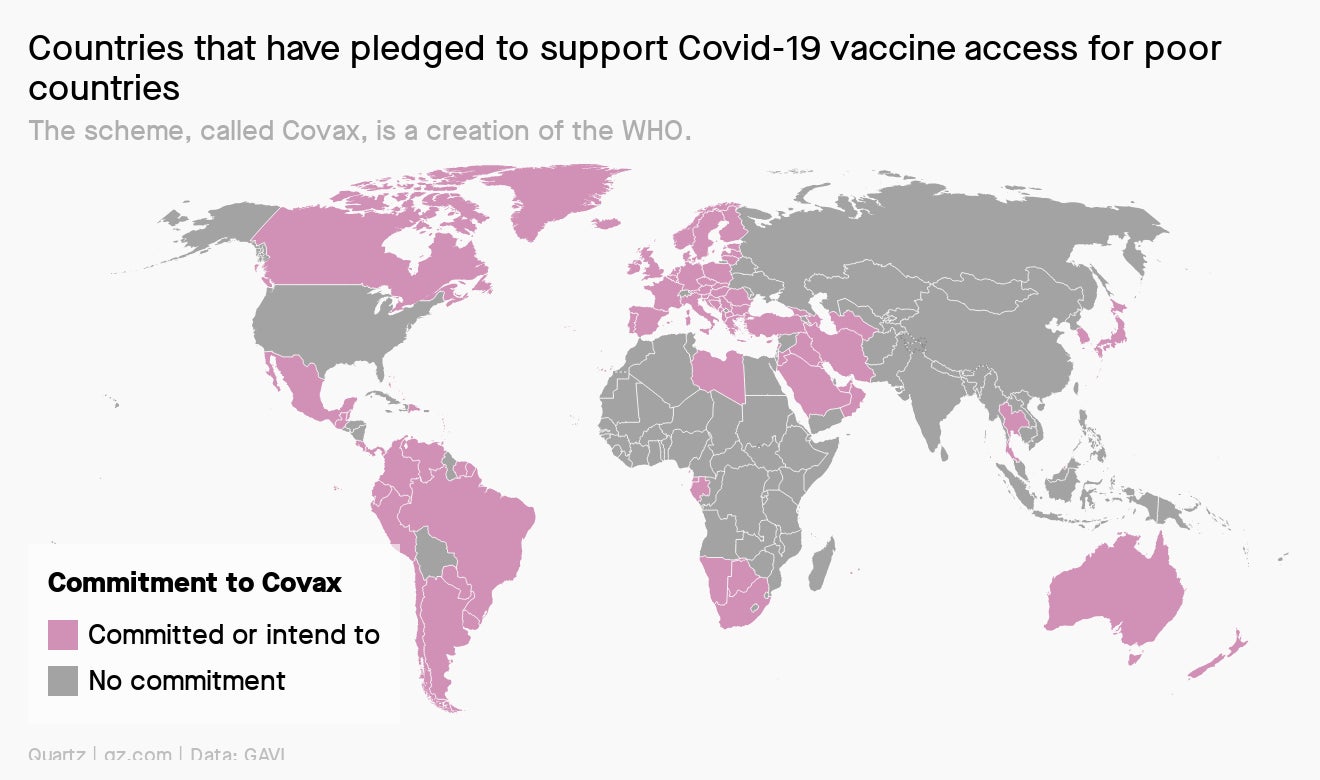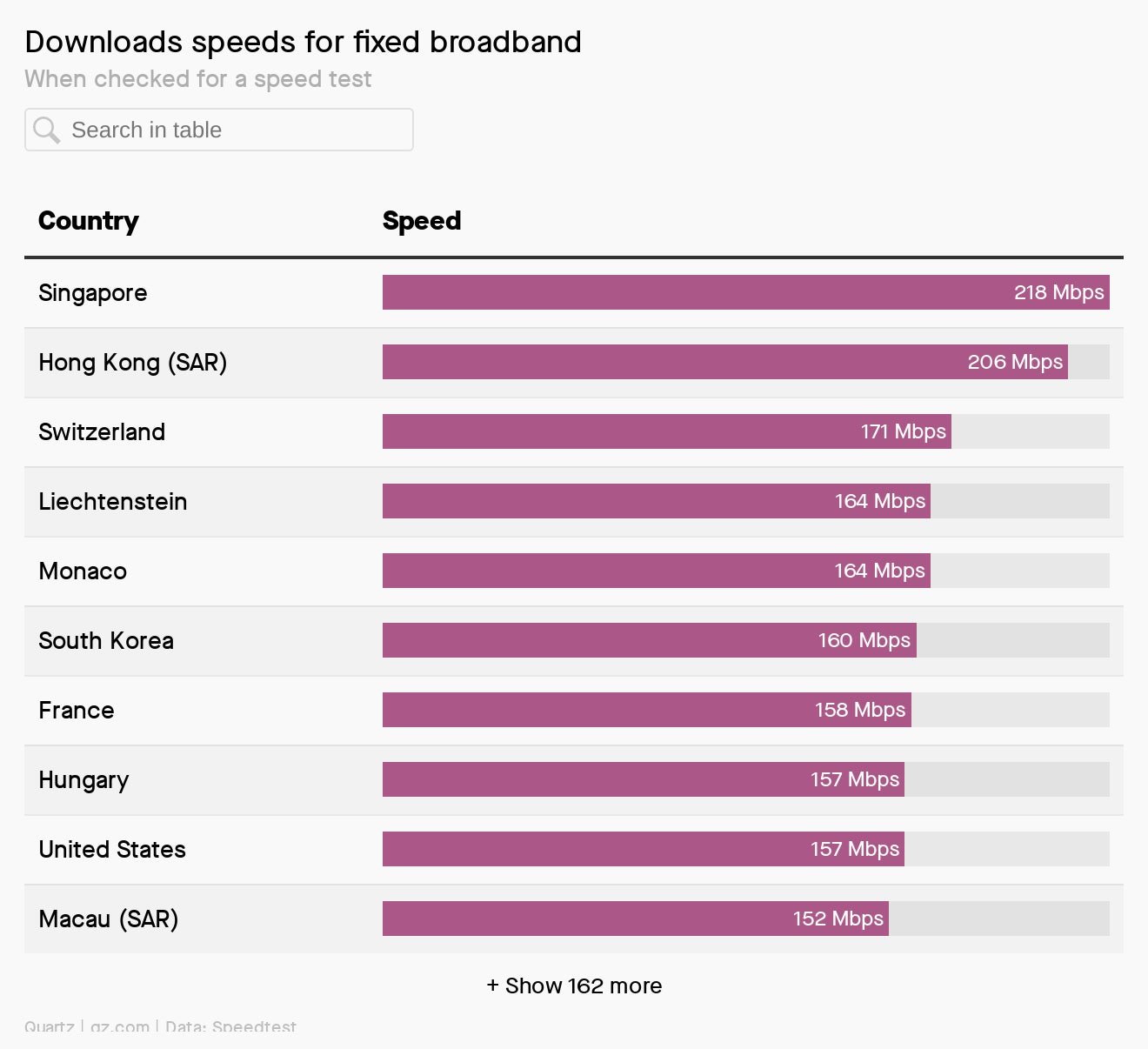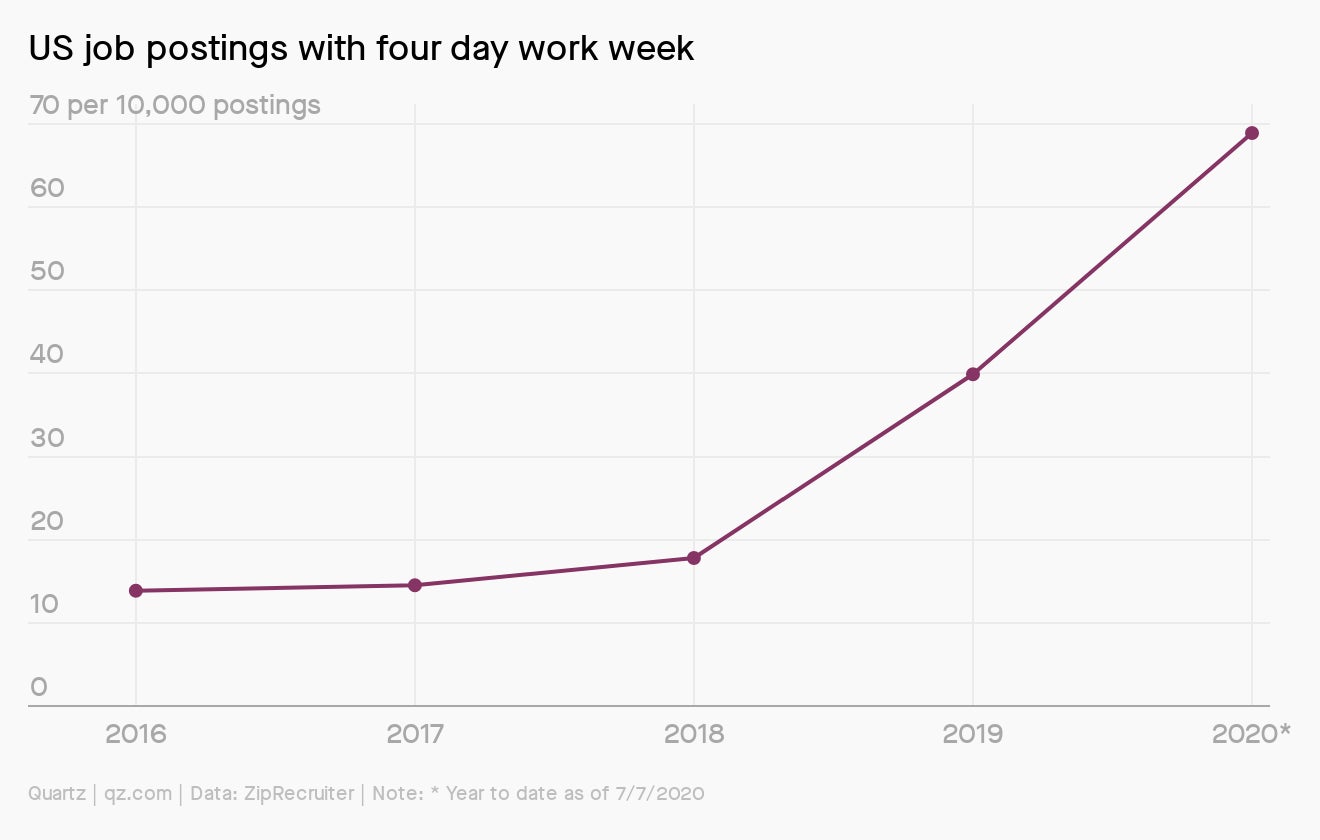EU migration rules, stranded whales, Wales broadband mystery
Good morning!

Good morning!
Thank you for reading the Quartz Daily Brief. We love delivering you the news and we also think that you might enjoy getting in on the fun. That’s why we are psyched to announce a new referral program. Help sign up friends, family, and coworkers to receive the Quartz Daily Brief and receive our eternal thanks—plus some pretty cool rewards.
Here’s what you need to know
The EU publishes new rules on migration… The German-driven Mandatory Solidarity Mechanism requires member states to accept a number of refugees in return for funding for each person accepted. The pact was brought forward following deadly fires at a migrant camp in Lesbos, Greece.
…and a crucial EU summit is delayed. A summit originally set for Thursday and Friday will be postponed by a week, after European Council president Charles Michel came into contact with a security guard who contracted Covid-19, and went into quarantine.
Apple’s online store in India goes live. With increased domestic production, a spike in iPhone demand, and rising anti-China sentiment, the timing couldn’t be better.
The US House passed the Uyghur Forced Labor Prevention Act. It requires companies to prove that products coming from China’s Xinjiang region are not made with forced labor and allows the president to sanction anyone knowingly assisting in forced labor there.
More stranded whales were spotted in Tasmania. Rescuers who have been trying to save 270 whales on the west of the island discovered another pod of 200 whales nearby, making it possibly the largest whale-stranding globally on record. About 290 of the long-finned pilot whales have died.
On the docket for SCOTUS
With or without a replacement for justice Ruth Bader Ginsburg, the US Supreme Court has a full slate this term. Here’s what we’re tracking:
⚖️ These are the five big issues the court will be deciding on…
🏭 …plus a case with major implications for the climate debate.
🟥🟦 Is there any hope for a less partisan court?
Mapping global vaccine cooperation
On Sept. 21, Gavi, the Vaccine Alliance, announced progress on its fund to ensure equitable distribution of Covid-19 vaccines across the globe. As of now, 64 countries have contributed some $700 million, and 34 are expected to commit in the coming weeks.
Noticeably absent are the US, China, and Russia—all home to companies with Covid-19 vaccines in development.

SUPERCHARGE YOUR HOME OFFICE

Obsessing over internet speed used to be a niche sport. Idle bros bragging about their Ookla speed readings as a “yardstick of virility,” gamers trading tips on how to reduce their ping rate, and geopolitics wonks fretting over global internet connection rankings.
But the pandemic-induced rise of remote working and homeschooling has added real stakes to the contest for bandwidth.
As part of our latest field guide, we offer tips on how to design your home office for happiness, meaning, and efficiency including supercharging your wifi. Once you’ve optimized your configuration, check out our interactive chart to see how your download speed compares to the rest of the world. If you’re not yet a Quartz member, please consider subscribing today.

Obsession interlude: Future of work
Now, just because you’ve got fast internet and a perfect home office doesn’t mean you have to spend all your time there. Once considered a niche perk, the four-day work week is slowly but surely gaining traction in the US.
Recent data from jobs marketplace ZipRecruiter showed that 69 of every 10,000 postings currently offer four-day work weeks. It’s a tiny number, but up significantly from just 40 in 2019.
In the current climate, a shorter work week is one way for companies to cut costs without layoffs. But it isn’t just employees who benefit: Condensed work weeks can reduce the burden of childcare, boost productivity, and give people more time to spend with family. At least that’s what we keep telling management.

Keep up with the rest of our Future of Work obsession.
Surprising discoveries
Downturns age CEOs by an extra 1.5 years. A study found the stress of hard times can give business leaders a higher mortality risk.
A Welsh village resolved a broadband mystery. Technicians discovered that electrical noise from an old TV set was responsible for bringing down the internet at 7 am every day in Aberhosan.
Bridgewater employees have been working in tents. Only about 50 of the hedge fund’s workers can fit in the makeshift outdoor offices.
A Chinese city ordered its taxi drivers to remove their tattoos. Lanzhou officials said the ink could be distressing to passengers.
Denmark has a garbage problem. In order to burn enough trash to power its plants, it imports waste from other countries, increasing CO2 emissions as a result.
Our best wishes for a productive day. Please send any news, comments, tents for hedgies, and inoffensive tats to [email protected]. Get the most out of Quartz by downloading our iOS app and becoming a member. Today’s Daily Brief was brought to you by Isabella Steger, Tripti Lahiri, Max Lockie, and Liz Webber.